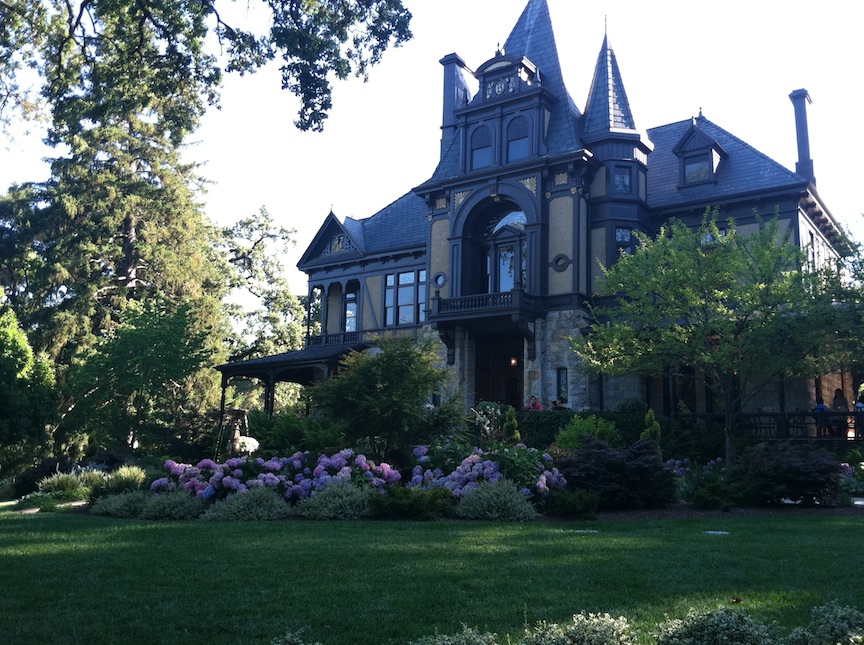Dr. Watson points out that scientists are correctly looking at DNA before they treat early-stage cancer, since different drugs work on different genes.
The discoverer of the double-helix says the disease can be cured in his lifetime. He’s 82.
An interesting interview (click link to read) with Dr. James Watson (wikipedia bio) on curing cancer, its research, and its need for bold leadership. While it appears that some might take exception to his somewhat superior arrogance… I think it takes this kind of no-nonsense, take no prisoners, attitude, to tackle the intricacies of cancer and all its nuances.
What struck me about this article was his validation of using DNA and genetic testing in treating cancer from the outset. It is one of the things that Dr. Barlogie has done in his diagnostic testing when you arrive in Little Rock, Arkansas for a consultation. He’s been doing this for many years and has identified 17 high risk tumor markers that he would be concerned about in your treatment protocol. The jury is still out on whether this “tailored” approach is a superior path in treating Multiple Myeloma. Of course, theoretically, it seems to make perfect sense. But theories that make sense sometimes are proven to not get you to the end game the way you might of hoped. So far, though, the survival numbers for Little Rock patients continue to increase significantly beyond other treatment facilities. I will tell you that rightly or wrongly, I took great comfort in knowing that the doctors in Little Rock had a very clear understanding of Dave’s MM, thanks to his gene array analysis.
Back to Dr. Watson… Some of what he says rings quite true to me, in terms of the commitment, the postulate, if you will. He clearly is no wilting flower on the subject and we need many more like him – to demand a high motivation from researchers to get with the program or move aside. Results based accolades and support and nothing less. We also need pharmas and FDA to join in this battle with no other agenda but to get ‘er done.
Kathy Giusti, founder of MMRF and a Multiple Myeloma patient, has certainly been instrumental in helping to facilitate the breaking down of barriers, moving mountains in research and regulatory issues to get novel therapies out of the labs and to the patient.
But we still need more researchers, with more urgent attitudes, on the quest for a cure for cancer, coupled with arrogance and ego, brilliance and intelligence, compassion and obsession. We need more researchers and physicians demanding a cure vs. settling for a few extra years or months and feeling as though they did what they could, with a shrug.
I understand its hard to not be overwhelmed with the dilemma of solving cancer, and I am very thankful that there are those who find it challenging and interesting enough to take it on as their life’s work. We just need more… more who are willing to tackle it, relentlessly.
Anyway, I found it interesting, and regardless of Watson’s detractors, I can’t fault his attitude. I like it. I would shake his hand and say “thank you”, thank you for keeping everybody stirred up!






















